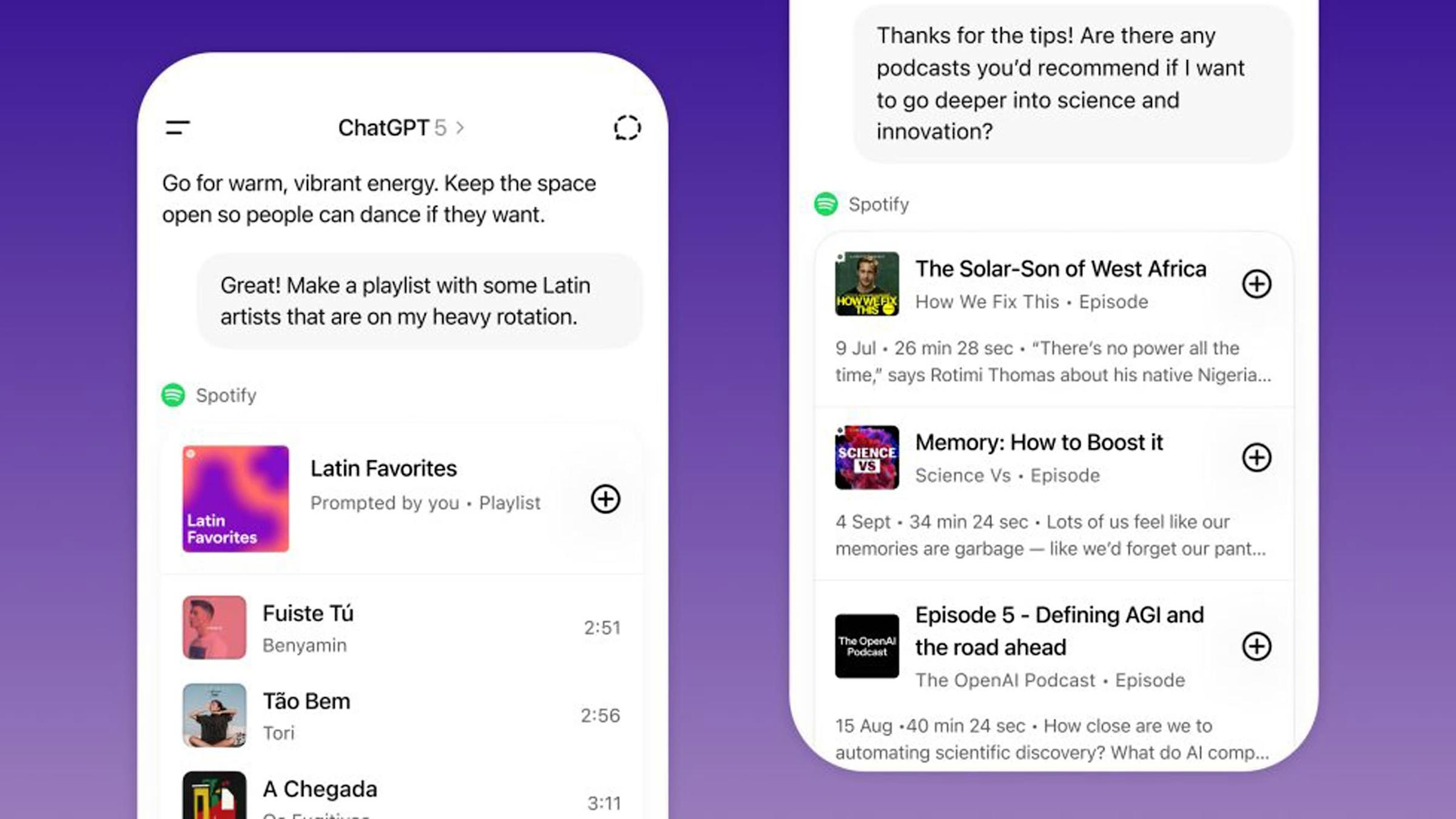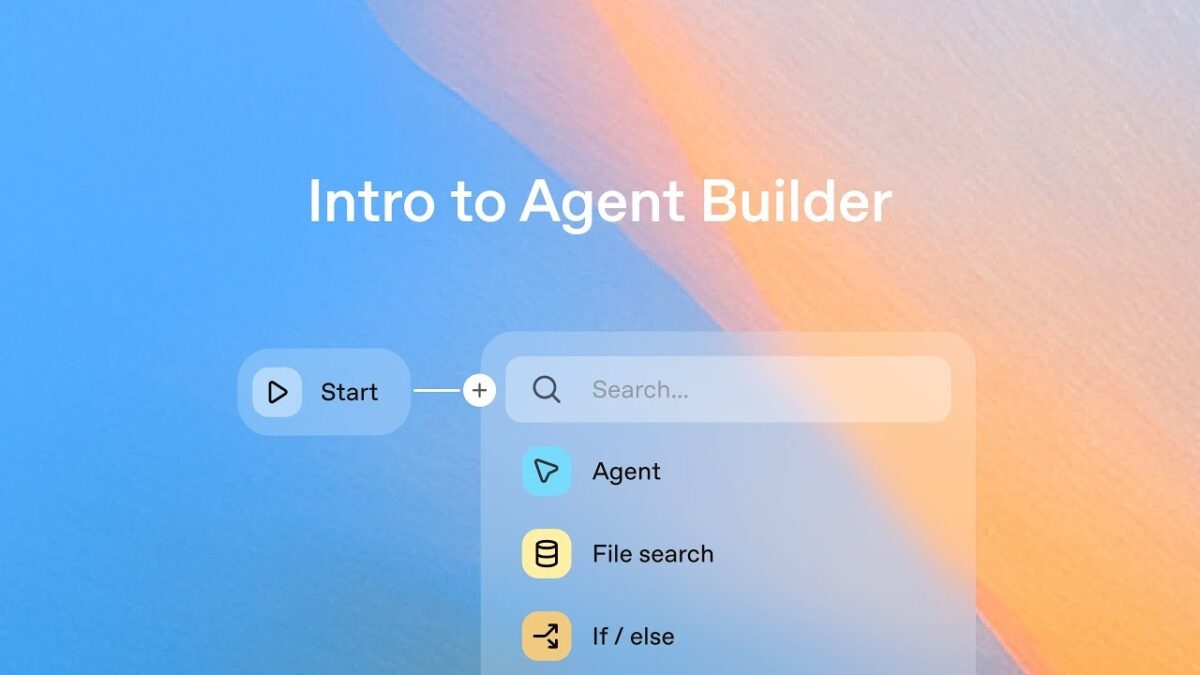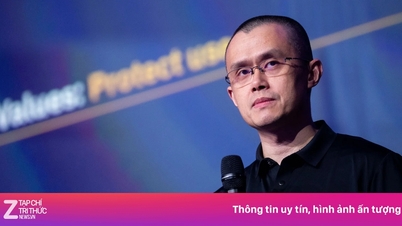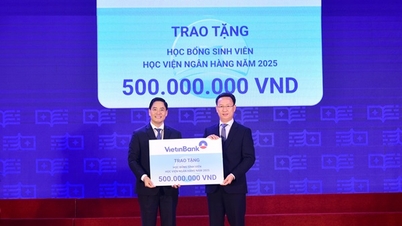On October 6 (local time), OpenAI's DevDay 2025 event took place in San Francisco, with the participation of about 1,500 guests, including developers, AI experts, investors and technology partners around the world . Here, OpenAI attracted great attention when announcing a series of new features for ChatGPT.
“The event sums up a year of movement in the AI world, because OpenAI is changing the way people write software and democratizing programming for everyone,” said Dao Trung Thanh, Deputy Director of the ABAII Institute. With more than 800 million users per week, ChatGPT is becoming an important infrastructure in the way people live and work.
Handy AI Agent design toolkit introduced at DevDay. Photo: OpenAI. |
Get rid of the virtual assistant title
One of OpenAI’s two major initiatives is Apps in ChatGPT, which transforms the role of chatbots from smart assistants to application operating platforms. Users can run everyday applications right from the chatbot interface.
The first partners to join include Booking.com, Canva, Coursera, Expedia, Figma, Spotify, and Zillow, allowing users to do a variety of tasks, from booking travel , graphic design, online learning, listening to music, and finding a home, all in a single chat window.
The platform is extended by the Apps SDK, a toolkit that allows developers to build applications compatible with the open communication standard Model Context Protocol (MCP). Through this, ChatGPT can connect and interact smoothly and securely with third-party services.
 |
Users can schedule appointments, listen to music, and learn languages right on ChatGPT. Photo: Spotify. |
In parallel, OpenAI announced AgentKit, a toolkit for businesses and developers to design, deploy, and optimize AI agents, systems that can act autonomously toward assigned goals. “With AgentKit, OpenAI has destroyed 100 other AI agent design startups,” wrote Linus Ekenstam, a tech influencer on X with more than 200,000 followers.
This is a toolkit consisting of 3 main components: Agent Builder, Connector Registry and Evals, which aims to solve the problem of difficult operation of AI agents. First of all, Agent Builder provides an intuitive drag-and-drop interface, allowing to design the agent's operating process as when creating an automation flowchart, without having to intervene in complex code.
Connector Registry acts as a standardized gateway, allowing agents to securely access internal services, APIs, or third-party tools such as Google Drive, Dropbox. Meanwhile, Evals is extended to support evaluation, scoring, and optimization of agent performance during actual operations.
In the demo, OpenAI engineer Christina Huang created an “Ask Frog” chatbot for DevDay, connected the data, tested it, and then embedded it on stage. The entire process took less than 8 minutes, leaving the audience in awe.
OpenAI's Big Ambitions
Both of these developments aim to transform ChatGPT from a conversational assistant into a comprehensive platform, with the role of a super app and AI operating system. At the beginning of the event, CEO Sam Altman shared the strategy to get people to build and chat with apps right inside ChatGPT.
The tech world believes that this is a turning point similar to the moment Apple launched the App Store in 2008 but for the AI world. Users just need to chat with ChatGPT and let AI do it for them, no longer needing to open the application in the familiar way.
Mr. Le Cong Thanh, CEO of InfoRe Technology, commented that this move also paves the way for a new business model. “Developers can distribute applications and agents through ChatGPT, while businesses can integrate their internal systems into intelligent ‘digital agents’,” Mr. Thanh wrote.
 |
Programmers can write code and create apps right in ChatGPT. Photo: OpenAI. |
Also at the event, OpenAI also launched Codex, a version of GPT-5 customized for programming tasks. According to Sam Altman, the tool is witnessing explosive growth, with usage increasing 10-fold since the beginning of August 2025, processing more than 40,000 billion tokens in just 3 weeks.
During the livestream, he said that nearly all engineers at OpenAI now use Codex, which has significantly increased efficiency and automated reviews. Codex has also been expanded to third-party integrations like Slack, where developers can tag @Codex in channels to assign tasks directly.
Finally, OpenAI announced GPT-5 Pro for inference-intensive tasks in finance, legal, and healthcare . Along with Realtime Mini, a real-time speech model that costs about 70% less, Sora 2 turns text into video, now with synchronized audio and customizable frame rates.
New features bring programming capabilities to the general, non-technical user, making the need for adaptation more important than technical skills. “When everyone can build apps in ChatGPT, what will make the difference?”, Mr. Dao Trung Thanh commented on the future of AI.
Source: https://znews.vn/chatgpt-lot-xac-post1591528.html




![[Photo] Super harvest moon shines brightly on Mid-Autumn Festival night around the world](https://vphoto.vietnam.vn/thumb/1200x675/vietnam/resource/IMAGE/2025/10/07/1759816565798_1759814567021-jpg.webp)





























































































Comment (0)